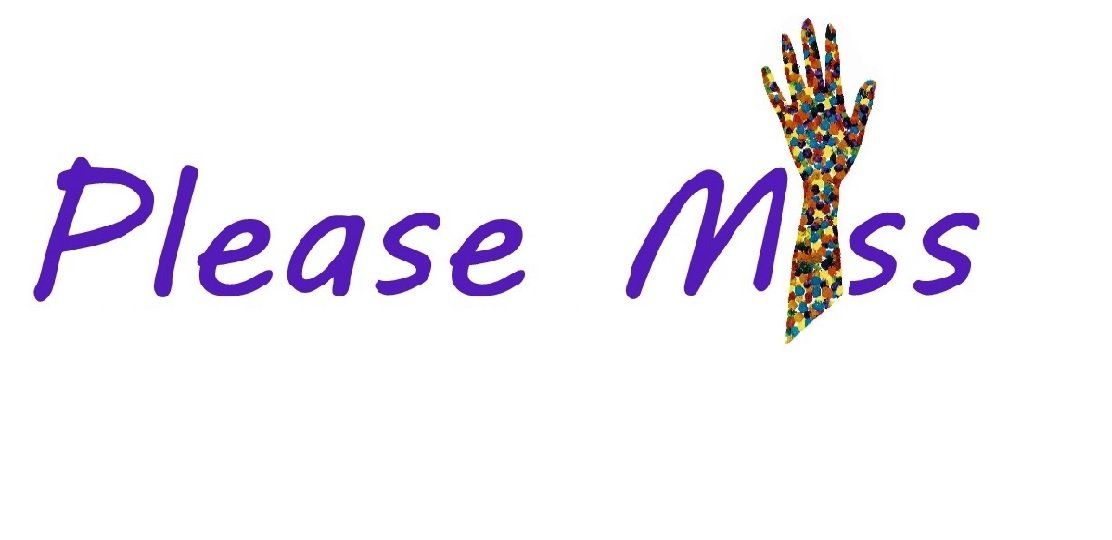The focus here is on time. We need to give our children time to process information; time to learn and consolidate their learning; time to step away from sensory overload; time to just be.
This discussion on autism highlights aspects specifically about girls, the difficulties with diagnosis, and general importance of growing awareness.
On return to school, we need to be aware of changes that our children will have faced, allow time for their stories to emerge & be alert to changes in them. Puppets may be a useful support strategy, and we may be supporting children who have previously not even been on our radar.
As we return to school, we need to ensure time in the curriculum for our children, whatever their age, to tell their stories of this pandemic, through whatever medium. It will take creativity and understanding, and cannot be rushed.
An accident leaving you temporarily disabled helps empathy for whom this is a permanent state. Reminds us of the constant pain & other obstacles that need to be overcome throughout the day.

